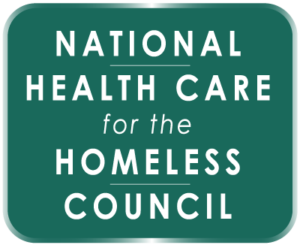Caitlin Synovec is NIMRC’s Medical Respite Program Manager.
The National Health Care for the Homeless Council’s Medical Respite Standards were developed to serve as a framework for medical respite programs; to support medical respite programs’ ability to operate safely, effectively, and seamlessly with local health care systems; and to promote program development and growth (NHCHC, 2016). Although medical respite programs’ structure and service delivery may vary in response to their community’s needs and resources, the Medical Respite Standards help to ensure quality and effectiveness of all medical respite programs in serving persons experiencing homelessness.
In order to assess an organization’s fidelity to the Medical Respite Standards, the Medical Respite Organizational Self-Assessment Tool was developed. Using this tool, programs can identify aspects of their practice that align with the standards, and also inform strategic planning and goal setting for the growth and improvement of their programs.
It may seem to be a daunting task for programs to identify whether or not their program aligns with the standards. The Medical Respite Organizational Self-Assessment tool provides a structure to review each of the Medical Respite Standards’ specific criteria and identify how the program is meeting each of these criteria. Based on the program’s response to each of the criteria, a fidelity percentage is calculated for each of the Standards and to the Medical Respite Standards as a whole. All programs are encouraged to use the Self-Assessment and areas identified as “not met” to develop a plan for quality improvement. To initiate the quality improvement process, the Organizational Self-Assessment provides a goal planning sheet where medical respite programs can identify initial steps towards meeting each of the “not met” criteria.
Implementation of the Medical Respite Standards helps to ensure respite consumers receive and engage in high quality care that supports overall health and well-being. Using the Organizational Self-Assessment gives medical respite programs a practical way to identify strengths and areas for improvement, to support the overall goal of safe and quality medical respite care. We encourage all programs to use the Organizational Self-Assessment tool, and to reach out to NIMRC for support and questions.

